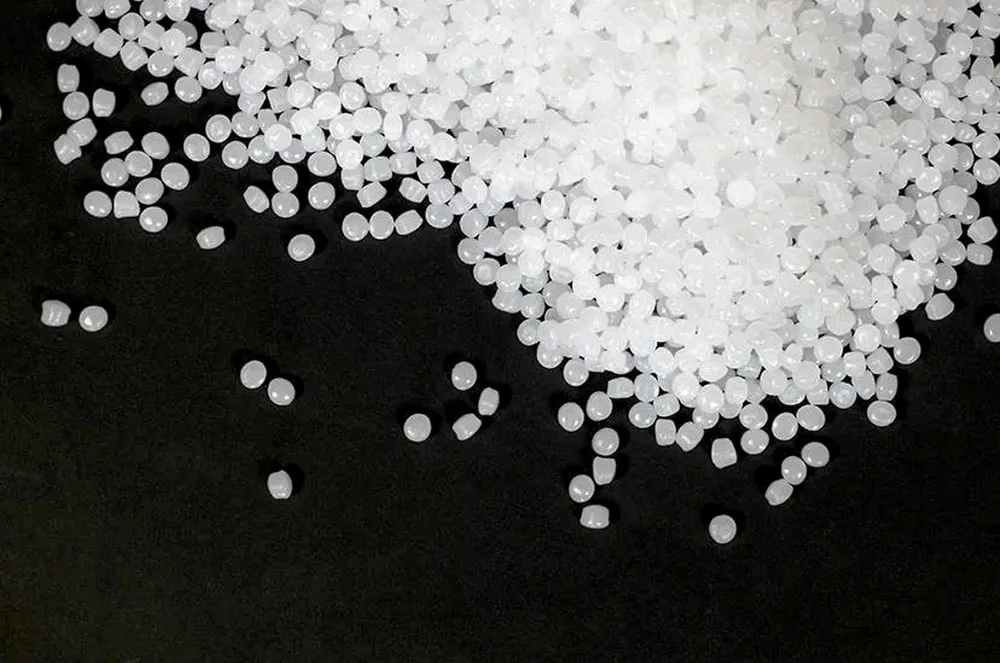Proposed EU ban on a plastic used in electrolysers could cause 'massive disruption' to European hydrogen sector
Fluoropolymers are a vital ingredient in PEM and AEM machines, and there is currently no viable alternative, Hydrogen Insight has learned

Fluoropolymers are a vital ingredient in PEM and AEM machines, and there is currently no viable alternative, Hydrogen Insight has learned
